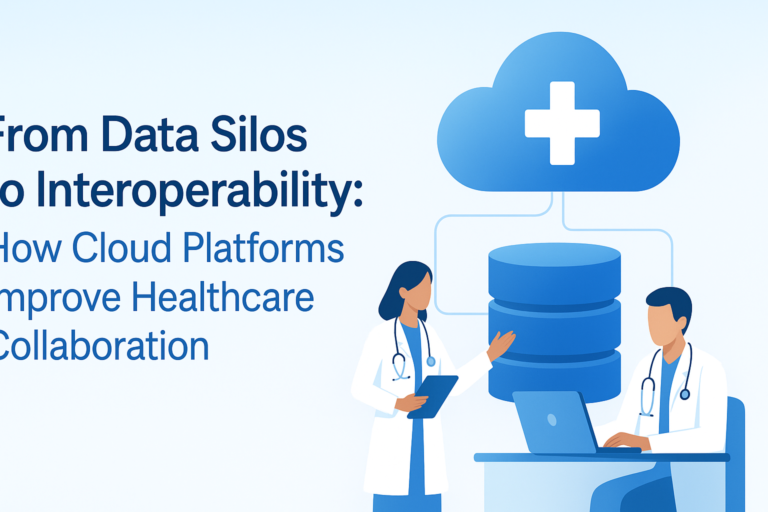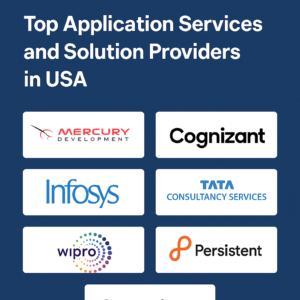Introduction
Choosing the right health insurance plan is a crucial decision for your health and financial well-being. MVP Healthcare is a prominent regional health insurance provider serving the Northeast, known for its community-focused approach and wide range of plans tailored for individuals, families, and employers. Before enrolling, it’s essential to understand the details of what each plan offers — from benefits and coverage options to costs and out-of-pocket expenses. This guide will walk you through the core benefits of MVP plans, the types of coverage available, and how their costs are structured, helping you make an informed decision suited to your needs.
What Is MVP Healthcare?

MVP Healthcare is a longstanding health insurer that has been serving the Northeast U.S., particularly in states like New York and Vermont. Founded with a mission to improve community health, MVP emphasizes accessible, patient-centered care. They serve a diverse customer base, including individuals, families, seniors enrolled in Medicare, and group plans for employers. MVP’s focus on community well-being and personalized service positions it as a trusted partner for healthcare needs. Their plans prioritize preventive care and local access, ensuring members can receive high-quality services conveniently. MVP continuously invests in innovative digital tools, making healthcare management easier through online portals and mobile apps, fostering a modern, customer-friendly experience.
Types of MVP Healthcare Plans
MVP offers a variety of plans designed to meet different needs:
- Individual and Family Plans: Customizable coverage options for individuals and families, including HMO, PPO, and EPO options, often with options for online enrollment and digital management.
- Employer-Sponsored Plans: Group health plans for businesses of all sizes, focusing on providing comprehensive coverage to employees.
- Medicare Advantage Plans: Plans designed for seniors, offering additional benefits beyond standard Medicare.
- Medicaid Managed Care: Coverage for eligible low-income individuals, focusing on community-based, preventive, and wellness services.
- HMO (Health Maintenance Organization): Requires primary care physicians and specialist referrals, with coverage mainly within a network.
- PPO (Preferred Provider Organization): Offers more flexibility in choosing providers without referrals, with in-network and out-of-network benefits.
- EPO (Exclusive Provider Organization): Similar to HMO but often with fewer primary care requirements, covering only in-network providers.
MVP also supports digital convenience through online enrollment, mobile apps, and member portals, making plan management accessible wherever you are.
Benefits of MVP Healthcare Plans
MVP plans come with a host of benefits aimed at enhancing your health and well-being:
- Preventive Care Services: Free annual checkups, screenings, immunizations, and health assessments to catch health issues early.
- Telemedicine Access: 24/7 virtual doctor visits, reducing the need for in-person visits for minor ailments or advice.
- Wellness Programs: Reimbursements for gym memberships, smoking cessation support, weight management, and more.
- Care Management Services: Specialized support for managing chronic conditions, maternity care, mental health services, and complex medical needs.
- Member Tools & Support: A user-friendly app, online member portal, and dedicated helpline to help you navigate your healthcare options easily.
Quick overview:
- Free preventive screenings
- 24/7 telehealth services
- Wellness and lifestyle support
- Chronic disease management
- Digital tools and customer service
Coverage Details: What’s Included?
MVP’s coverage varies by plan but generally includes:
- Primary Care & Specialist Visits: Regular doctor visits and specialist consultations are covered, often with co-pays or coinsurance depending on the plan tier.
- Prescription Drugs: Tier-based coverage includes generic and brand-name medications, with varying copays depending on drug tier.
- Hospitalization & Emergency Care: Emergency room visits, hospital stays, and surgeries are covered to ensure critical care when needed.
- Mental Health & Substance Use: Counseling, therapy, and inpatient mental health services are included, emphasizing comprehensive care.
- Maternity & Pediatric Care: Prenatal, childbirth, and pediatric services are part of most plans, supporting family health.
- Vision & Dental: Some plans include or offer add-on coverage for vision and dental services, especially at higher tiers.
Coverage levels often differ between Bronze, Silver, Gold, and Platinum plans, with higher-tier plans typically offering broader coverage and lower out-of-pocket costs.
Cost Breakdown and Plan Tiers
MVP’s plans are structured into tiers, reflecting different levels of coverage and costs:
- Bronze: Lower premiums, higher deductibles, and out-of-pocket maximums. Suitable for healthy individuals who want basic coverage.
- Silver: Moderate premiums and deductibles, balancing costs and benefits.
- Gold: Higher premiums, lower deductibles, and out-of-pocket limits — better for regular healthcare users.
- Platinum: Highest premiums but lowest costs at the point of service, ideal for those with significant healthcare needs.
Common insurance terms explained:
- Monthly Premiums: The amount paid each month for coverage.
- Deductibles: The amount you pay out-of-pocket before your insurance starts to cover costs.
- Co-pays: Fixed fees paid for specific services like doctor visits or prescriptions.
- Out-of-pocket Maximum: The maximum amount you pay annually; once reached, the insurance covers 100% of covered services.
Example estimates: Premiums may range from \300 to \700/month depending on the plan tier, with deductibles from $1,000 to $5,000.
How MVP Balances Premiums vs. Out-of-Pocket Costs: Higher-premium plans typically lower your out-of-pocket costs, while lower-premium plans require higher deductibles, suitable for different health needs and budgets.
Choosing the Right MVP Plan
When selecting a plan, consider your health needs, financial situation, and preferred providers. Think about:
- How often you visit doctors or specialists
- Your budget constraints
- The coverage of medications or treatments you require
- Whether your preferred healthcare providers are in-network
Using MVP’s online plan finder or consulting with an advisor can help simplify this process, ensuring you select the most suitable plan for your circumstances.
Conclusion
MVP Healthcare offers a diverse range of flexible, benefits-rich plans tailored to meet various health and financial needs. By understanding the different plan types, coverage options, and costs involved, you can make an informed choice that supports your health goals and budget. Take time to compare options on the MVP website or reach out to their support team to find the best plan for you and your family.
Author:
Jabran Mustafa is an accomplished technology writer specializing in IT, SaaS, and software development. Launching his writing journey in 2022, he brings over three years of dedicated experience in delivering insightful, industry-leading content. Since 2024, he has been a key contributor to innovaesoft.com, where he consistently provides in-depth analysis and innovative perspectives. With a passion for demystifying complex tech concepts, Jabran’s work aims to empower professionals and catalyze digital transformation.


















